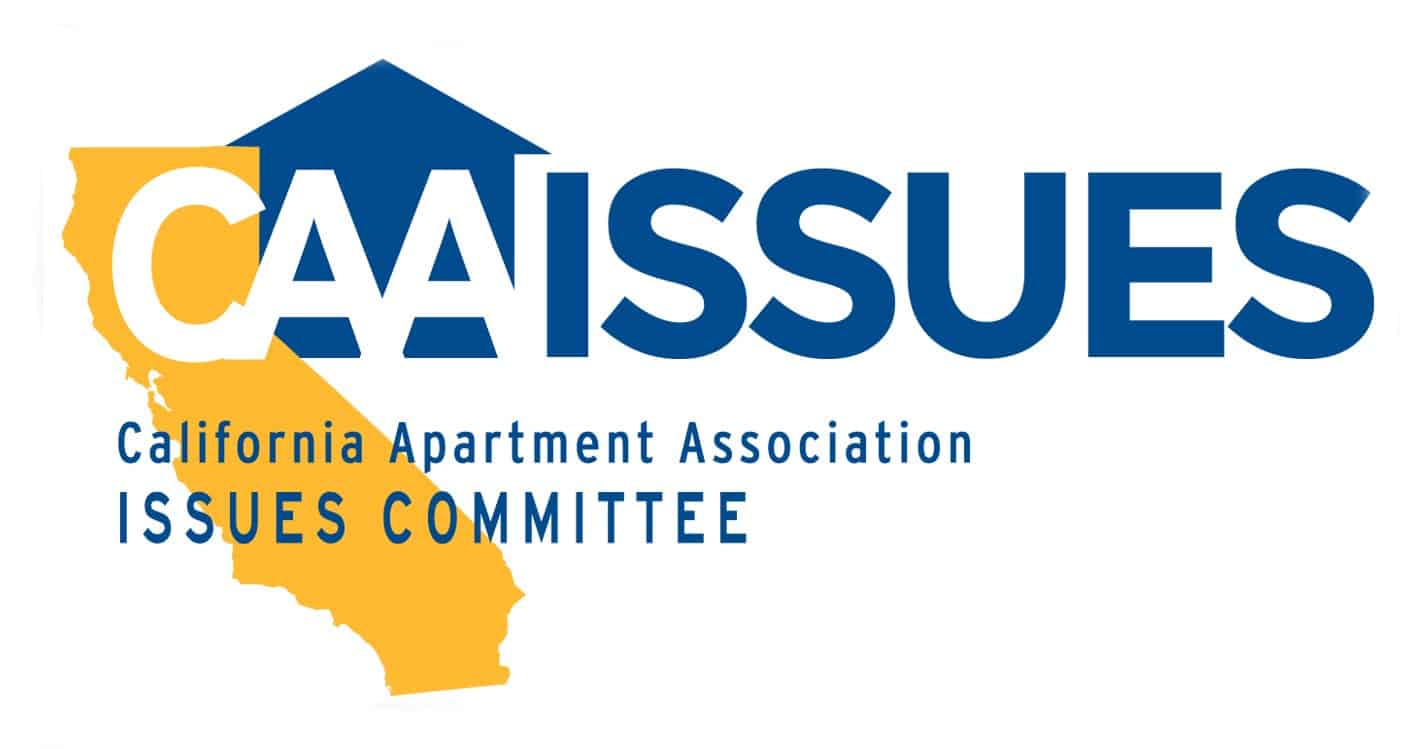Proposition 21, the November ballot measure that would return extreme, 1970s-style rent control to California, could result in “a potential reduction in state and local revenues in the high tens of millions of dollars per year over time,” says the non-partisan Legislative Analyst’s Office.
In a recently released report on the measure, the Legislative Analyst’s Office said “some landlords would sell their rental housing to new owners who would live there,” which would result in less affordable housing available to the state’s renters.
The office further noted that, if Proposition 21 were to become law “the value of rental housing would decline because potential landlords would not want to pay as much for these properties.”
The financing behind Prop 21 comes from the AIDS Healthcare Foundation, a nonprofit led by anti-housing activist Michael Weinstein.
At the heart of Proposition 21, like its predecessor Prop 10, is a crusade to dismantle the Costa-Hawkins Rental Housing Act — the single most vital California law for rental housing providers.
Under this 1995 law, cities may not impose vacancy controls — meaning cities may not cap rents between tenancies. Prop 21 would change that, limiting rent increases to 15% over the first three years of a new tenancy. After that, the local rent cap would apply in full.
Prop 21 would also do away with Costa-Hawkins’ prohibition on local rent controls for many single-family homes and condominiums. Under the proposition, local rent controls would apply to these housing types whenever the landlord owns three or more homes — no matter how title is held. Local rent controls also would be permitted for anyone who owns a home in trust, no matter the number of homes. Finally, Prop 21 would allow local governments to impose rent control on units when they turn 15 years old. Currently, housing built after 1995 – or earlier in some cities – is protected from local rent control ordinances.
“Californians can’t afford Proposition 21. Just like the version of this ballot measure California voters rejected less than two years ago, Proposition 21 would be a disaster for our schools and our communities,” Steven Maviglio, spokesman for Californians for Responsible Housing, said in this press release. “Passage would likely mean our cities, already struggling because of COVID-19, would be forced to make even greater cuts in services and/or raise taxes.
Californians for Responsible Housing, a campaign committee created by the California Apartment Association, will provide the ballot arguments against Prop 21 in the Nov. 3 voter guide.

